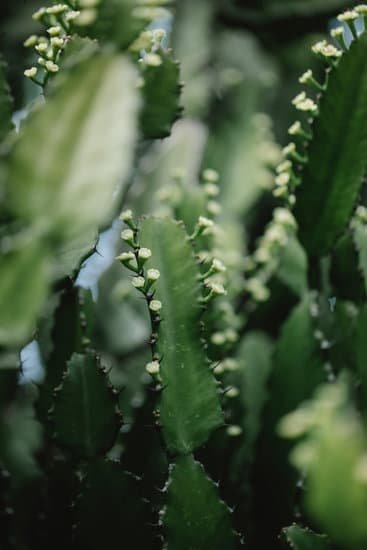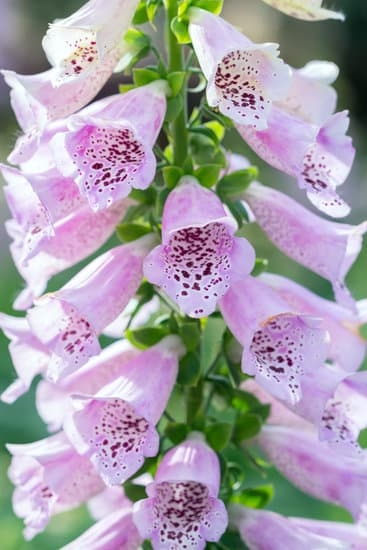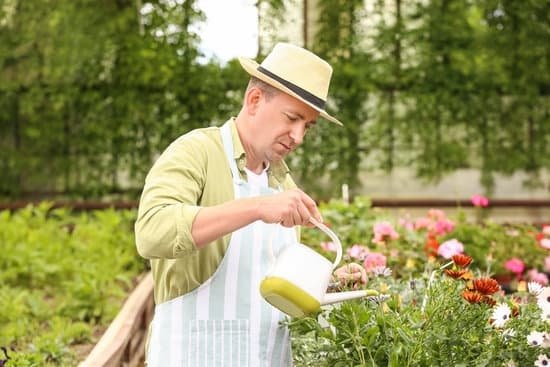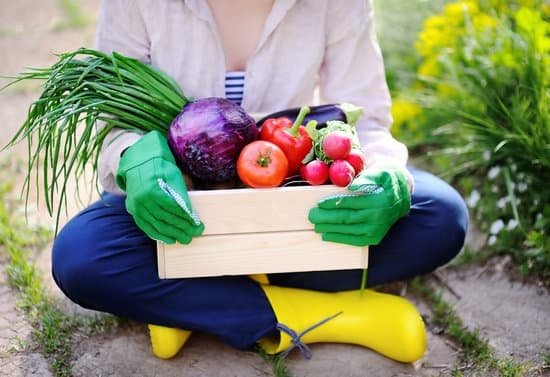Basic Vegetable Gardening Tips
There is a lot of information available on vegetable gardening, and it can be difficult to know where to start. Here are some basic tips to help you get started:
1. Choose the right vegetables for your climate and soil. Not all vegetables grow well in all parts of the country. You can consult a gardening book or online guide to find out which vegetables are best suited to your climate and soil type.
2. Start small. It can be tempting to try to grow a large vegetable garden, but it is best to start small and gradually expand as you gain experience.
3. Choose the right location. The location of your garden is important, as you want to choose a spot that receives plenty of sunlight.
4. Prepare the soil. Before you can plant anything, you need to prepare the soil. You can do this by adding organic matter such as compost or manure.
5. Plant your vegetables. Once the soil is ready, you can start planting your vegetables. Be sure to follow the instructions on the seed packet.
6. Water and fertilize your vegetables. Vegetables need plenty of water and fertilizer to grow healthy and strong. be sure to water your vegetables regularly and apply fertilizer according to the instructions on the package.
7. Harvest your vegetables. Once your vegetables are ripe, you can harvest them. Be sure to harvest them at the right time, or they will not be edible.
Balcony Vegetable Gardening Tips
The balcony is a great place to start a vegetable garden. It’s sunny, and there’s usually plenty of room. But before you start planting, there are a few things you need to know.
The first thing to consider is the type of soil on your balcony. If it’s a concrete balcony, you’ll need to add some soil to it. You can buy soil at a garden center, or you can make your own by mixing equal parts soil, compost, and sand.
The next thing to consider is the type of vegetables you want to grow. Not all vegetables are suitable for balcony gardening. Root vegetables, like carrots and beets, are not a good choice, because they need a lot of room to grow. Salad vegetables, like lettuce and tomatoes, are a good choice, because they don’t need a lot of space.
Once you’ve decided what vegetables you want to grow, it’s time to start planting. The best way to plant vegetables on a balcony is to use containers. You can buy containers at a garden center, or you can make your own by using recycled containers, like old buckets or milk jugs.
When you’re planting vegetables in containers, it’s important to use the right type of soil. Soil that’s specifically made for containers is a good choice, because it’s lightweight and it drains well.
Once you’ve planted your vegetables, it’s important to water them regularly. Vegetables need about an inch of water per week. You can water them by hand, or you can use a garden hose with a spray nozzle.
If you’re using containers, it’s also important to fertilize them regularly. You can buy fertilizer at a garden center, or you can make your own by mixing equal parts compost, manure, and water.
The final thing to remember when growing vegetables on a balcony is to give them plenty of sun. Most vegetables need at least six hours of sun per day.
With a little bit of preparation, you can have a successful vegetable garden on your balcony.
Tips For A Beginner Vegetable Gardener
Starting a vegetable garden can be a great way to get fresh produce right from your backyard, and it can be a fun activity for the whole family. If you’re new to vegetable gardening, here are a few tips to help you get started:
1. Choose the right spot. When choosing a spot for your vegetable garden, make sure you have plenty of sunlight and good drainage.
2. Plan your garden. Decide what vegetables you want to grow and plan your garden accordingly.
3. Buy quality soil. Good soil is essential for a successful vegetable garden. Be sure to buy quality soil from a reputable retailer.
4. Amend the soil. If your soil is not ideal, you may need to amend it with compost or other organic matter.
5. Plant your vegetables. When planting your vegetables, be sure to follow the instructions on the package.
6. Water and fertilize your vegetables. Be sure to water and fertilize your vegetables regularly for the best results.
7. Enjoy your vegetables. Harvest your vegetables when they are ripe and enjoy!
Tips For Vegetable Gardening
The popularity of vegetable gardening is on the rise as people become more interested in where their food comes from and how it is grown. If you’re new to vegetable gardening, here are a few tips to help you get started:
1. Choose the right location. Vegetable gardens need at least six hours of sunlight per day, so make sure you choose a spot that gets plenty of sun.
2. Amend the soil. Vegetables need rich, fertile soil in order to grow well. Amend your soil by adding compost or organic matter before you start planting.
3. Start small. It’s best to start small when you’re first starting out vegetable gardening. You can always expand your garden later if you want to.
4. Choose the right vegetables. Not all vegetables are well-suited for small gardens. Choose vegetables that are compact and grow well in small spaces.
5. Use containers. If you don’t have enough space for a traditional garden, you can grow vegetables in containers instead. Just make sure the containers are large enough to accommodate the plants.
6. Water regularly. Vegetables need plenty of water to grow well, so make sure you water them regularly.
7. Use organic fertilizers. Vegetables need nutrients to grow, and organic fertilizers are a great way to provide them.
8. Weed regularly. Weeds can quickly take over a vegetable garden, so make sure you weed regularly.
9. Harvest regularly. Vegetables will only grow so big, so make sure you harvest them regularly.
10. Enjoy! Vegetable gardening can be a lot of fun, and it’s a great way to get connected to your food. Enjoy your garden and have fun experimenting with different vegetables.
Martha Stewart Vegetable Gardening Tips
When starting a vegetable garden, it is important to select the right vegetables for your climate and soil. The most important factor to consider is the climate. Some vegetables grow better in warm climates, while others grow better in cooler climates.
The next most important factor to consider is the soil. Some vegetables grow better in fertile soil, while others grow better in soil that is high in nitrogen. If you are not sure what type of soil you have, you can have your soil tested at a local garden center.
Once you have selected the right vegetables for your climate and soil, it is important to plan your garden. Most vegetables need at least six hours of sunlight per day. Be sure to plant your vegetables in an area that receives plenty of sunlight.
When planting your vegetables, be sure to follow the directions on the seed packet. Some vegetables, such as carrots, should be planted deep in the soil, while other vegetables, such as lettuce, should be planted close to the surface.
Be sure to water your vegetables regularly, especially during the summer months. Vegetables need at least one inch of water per week. You can water your vegetables by hand or you can use a garden hose.
If you are using a garden hose, be sure to use a nozzle that has a sprinkler head. This will help to distribute the water evenly over the vegetables. You can also use a drip irrigation system to water your vegetables.
If you are using a drip irrigation system, be sure to place the emitters close to the plants. This will help to ensure that the vegetables receive the water they need.
In addition to watering your vegetables, it is important to fertilize them regularly. You can fertilize your vegetables by hand or you can use a garden hose.
If you are using a garden hose, be sure to use a nozzle that has a sprinkler head. This will help to distribute the fertilizer evenly over the vegetables. You can also use a drip irrigation system to fertilize your vegetables.
If you are using a drip irrigation system, be sure to place the emitters close to the plants. This will help to ensure that the vegetables receive the fertilizer they need.
One of the most important things you can do to ensure a successful vegetable garden is to weed your garden regularly. Weeds can compete with vegetables for water and nutrients, so it is important to remove them from the garden.
You can weed your garden by hand or you can use a weed eater. If you are using a weed eater, be sure to use a weed eater that has a string trimmer. This will help to remove the weeds from the garden quickly and easily.
If you follow these tips, you can create a beautiful vegetable garden that will provide you with fresh vegetables all summer long.

Welcome to my gardening blog! I am passionate about plants and enjoy sharing my knowledge and experiences with others. In this blog, I will write about everything related to gardening, from tips on how to get started to updates on my own garden projects.





